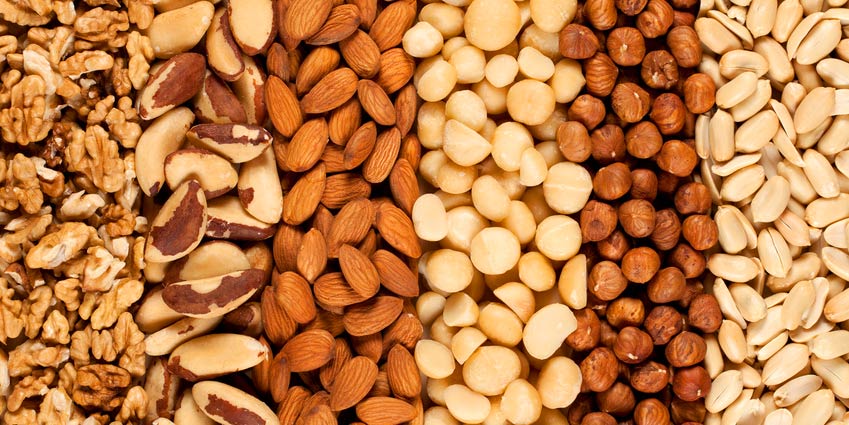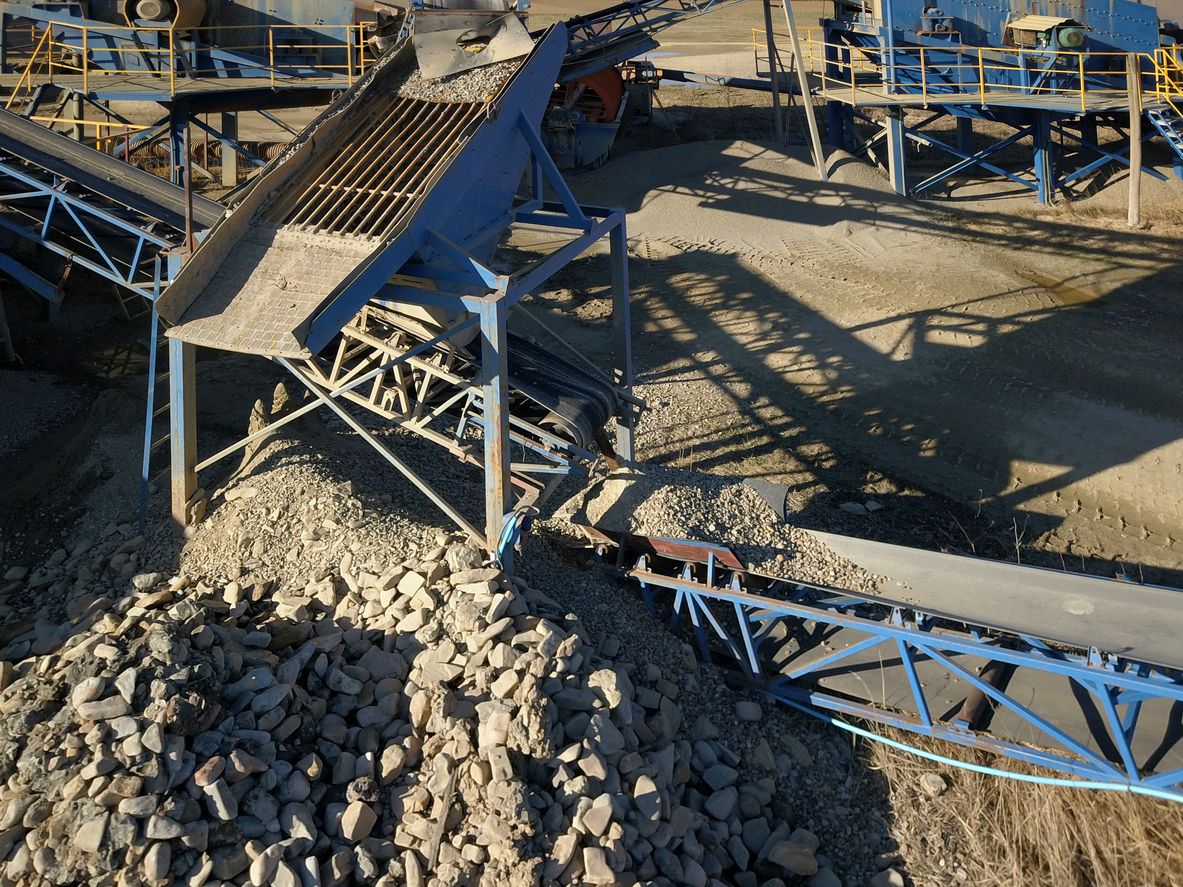How to Buy and Export Nuts from Kenya: The Definitive Guide
How to Buy and Export Nuts from Kenya: The Definitive Guide.
Nuts are a healthy food choice and are low in calories. They also provide you with a good source of protein, fiber, healthy fats, vitamins, minerals and antioxidants. Nuts have been grown and harvested for thousands of years. There are now more than 200 types of nuts that have been identified around the world. This guide provides tips on how to buy and export nuts from Kenya.
What are the health benefits of nuts?
Nuts are a healthy food choice and low in calories. They also provide you with a good source of protein, fiber, healthy fats, vitamins, minerals and antioxidants. They have been grown and harvested for thousands of years and there are now more than 200 different types of nuts that have been identified around the world.
Nuts are commonly used as snacks or served in salads or other dishes to add texture, crunch or flavor. In fact, several studies have shown that when nuts are added to the diet, it can contribute to weight loss by making people feel fuller faster.
The most important reason to eat nuts is because they’re so nutritious! Nuts contain a number of nutrients that benefit your health including vitamin E (a potent antioxidant), magnesium (a mineral) fiber (helps prevent constipation), calcium (supports bone health), iron (an essential mineral that helps red blood cells carry oxygen) and zinc (promotes muscle health). All of these nutrients help keep your body healthy in different ways.
What types of nuts are grown in Kenya?
Kenya produces a wide variety of nuts and nut products. They include almonds, pistachios, walnuts, macadamias, pecans, peanuts, cashews and hazelnuts.
Some of the most popular types of nuts in Kenya are avocados and pineapples. Nuts that come from these fruits are commonly used in baking or desserts.
This guide will teach you how to buy African nuts from Kenya and how to export them successfully.
How to Buy and Export Nuts from Kenya
Nuts are a healthy food choice and are low in calories. They also provide you with a good source of protein, fiber, healthy fats, vitamins, minerals and antioxidants. Nuts have been grown and harvested for thousands of years. There are now more than 200 types of nuts that have been identified around the world. But not all nuts are created equal.
Here’s some information on buying and exporting nuts from Kenya to help you make a wise decision about your purchase.
1) Buying from Kenyan farmers:
– Ask your local supplier or retailer if they can find Kenyan nuts for sale.
– If the answer is “yes,” ask them if they can get them at the farm where they grew them or through a wholesaler who has access to the farmer’s crops. Your choice will depend on whether you want to buy small quantities or bulk quantities of nuts over time.
– Make sure to get a quality guarantee that states when the shipment was delivered as well as what it was packaged in (such as airtight bags).
2) Exporting from Kenya:
– Find out if there are any restrictions on nut export duty rates set by government agencies or customs officials (these vary depending on different commodities).
– Consider
Further Reading.
How to Buy, Sell and Export Nuts from Kenya.
Nuts have been grown and harvested for thousands of years. There are now more than 200 types of nuts that have been identified around the world. This guide provides tips on how to buy and export nuts from Kenya. If you’re looking for some specific information about exporting nuts from Kenya, we also have a guide with more details on exporters in the country.








LEAVE A COMMENT
You must be logged in to post a comment.